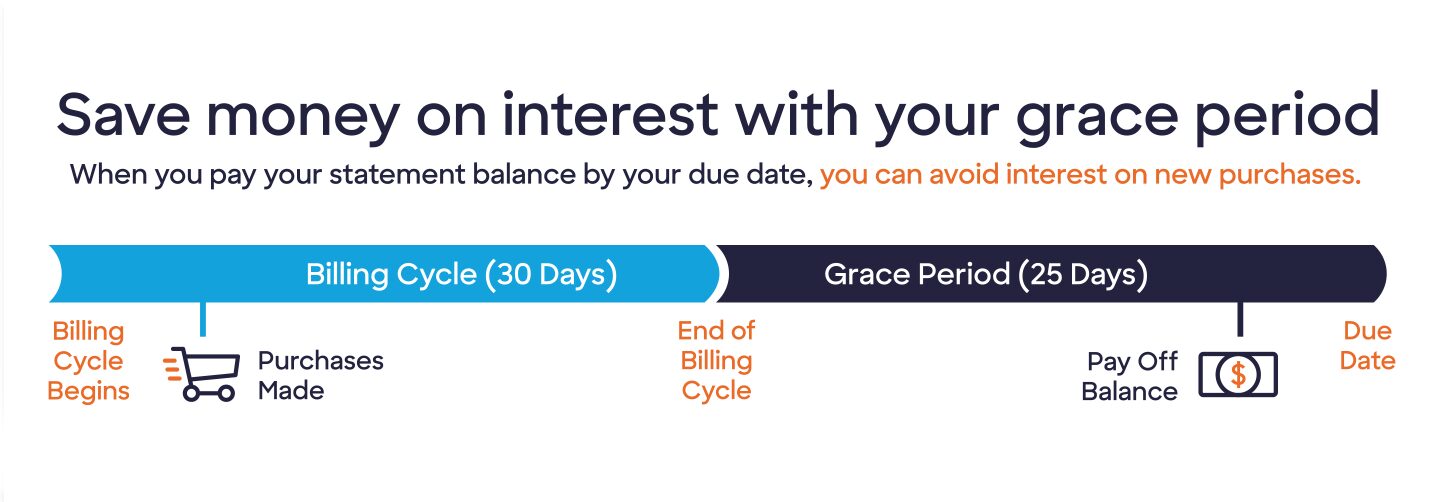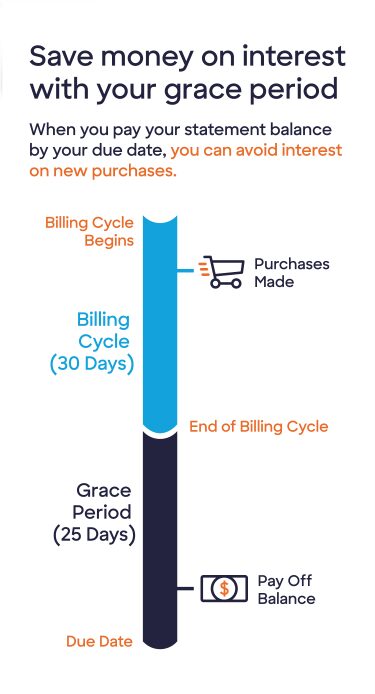Credit cards can be a convenient way to make purchases, earn rewards, and even travel. If you’re new to credit, it’s important to manage your credit card responsibly, and part of that is understanding how credit card interest works. With the right strategies, you can learn how to effectively manage interest and avoid excess credit card debt.

How to Avoid Interest on a Credit Card
5 min read
Last Updated: January 24, 2025
Next steps

See if you're pre-approved

Learn about Discover It® Cash Back Credit Card
See rates, rewards and other info
You may also be interested in
Was this article helpful?
Was this article helpful?






